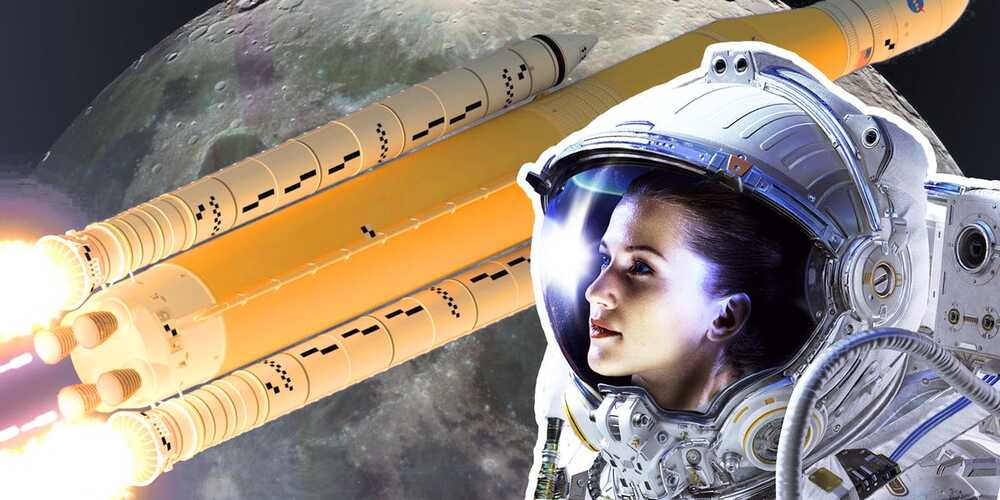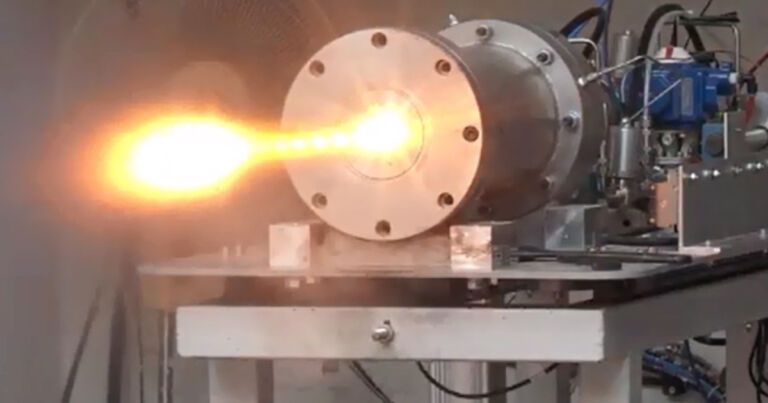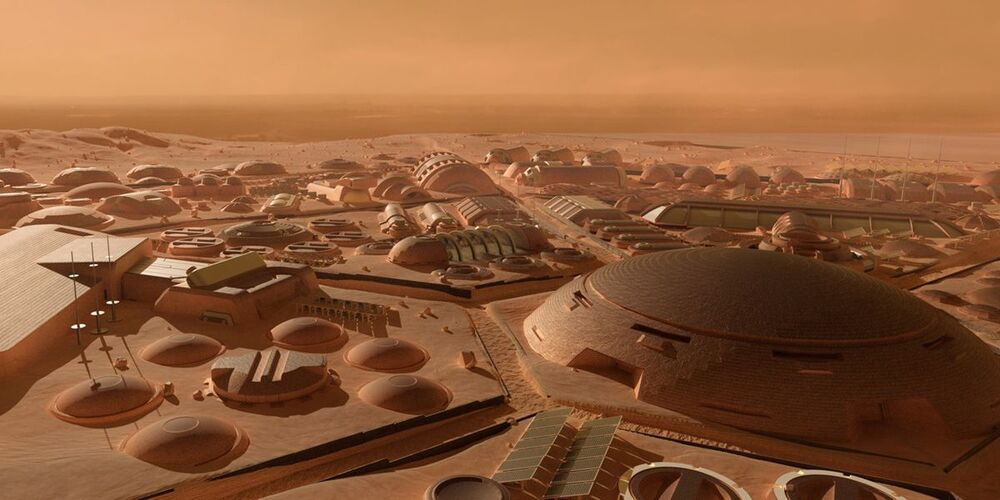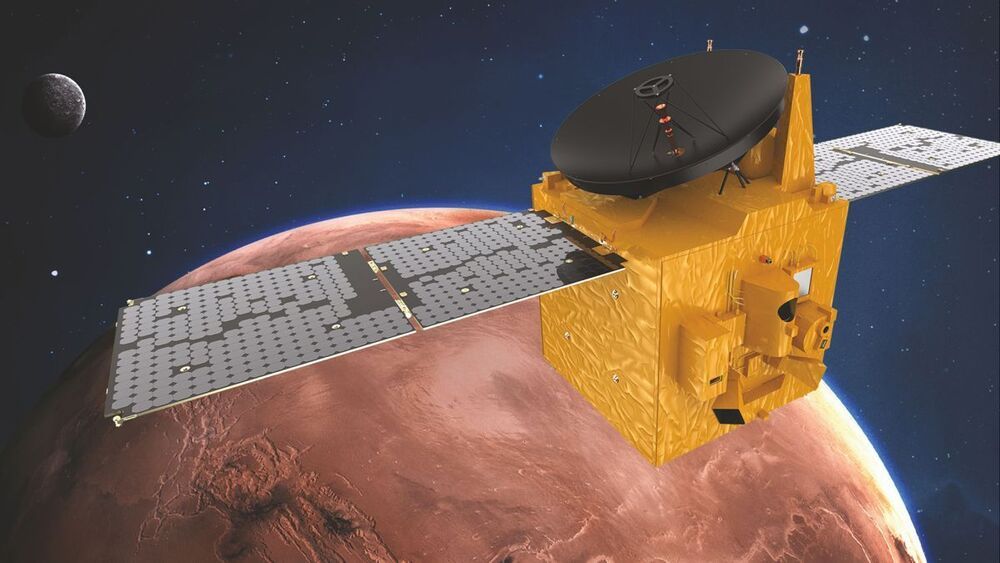NASA announced how much its return mission to the moon will cost, how they are going to do it and why they’re doing it.



Final Countdown
NewRocket expects to have a product available in the new future, and is also trying to develop new rockets that use the fuel, according to The Times of Israel.
“Rockets that don’t use controllable engines run their engines until they exhaust the fuel,” NewRocket CEO Ilan Harel told The Times of Israel. “Those that are using controllable engines either use highly toxic fuels, which can be stored for long time, storable fuels, or they use cryogenic fuels which are considered nontoxic but are used only for short duration, non-storable.”

NASA ’s Perseverance rover carries a device to convert Martian air into oxygen that, if produced on a larger scale, could be used not just for breathing, but also for fuel.
One of the hardest things about sending astronauts to Mars will be getting them home. Launching a rocket off the surface of the Red Planet will require industrial quantities of oxygen, a crucial part of propellant: A crew of four would need about 55,000 pounds (25 metric tons) of it to produce thrust from 15,000 pounds (7 metric tons) of rocket fuel.
That’s a lot of propellant. But instead of shipping all that oxygen, what if the crew could make it out of thin (Martian) air? A first-generation oxygen generator aboard NASA’s Perseverance rover will test technology for doing exactly that.

Elon Musk will be awarded the Axel Springer Award for his astonishing life accomplishments. Tesla and SpaceX are just two of the companies Musk leads, but both have already made significant changes in their respective industries and in people’s way of living. Musk will be accepting the award personally on December 21 in Berlin, confirmed Tesla North.
“As one of the most creative entrepreneurs and most brilliant engineers of the digital age, Elon Musk inspires an entire generation. He combines great visions with the indomitable will to achieve them,” said the CEO of Axel Springer SE, Mathias Döpfner.
“With PayPal, SpaceX and Tesla, Elon Musk has turned entire industries upside down, and his drive is irrepressible. He is motivated by the goal of making life better for humanity. And not in small steps, but by fundamentally turning the way we do things on their head. With incredible success,” he clarified.




While we are opening our preliminary discussion for the 3rd SRI World Congress, a number of questions and concerns are being expressed by the main space columnists, about what could be the philosophic setup of the space policy defined by the new US Administration, should it be confirmed the next December 14th. Though Joe Biden didn’t yet say very much about space policy, the most accredited plans foresee cuts to the budget of NASA’s manned space flight programs, in order to give more fuel to the observation of Earth, climate change, and environmental issues.
We are not against raising the budget to Earth observation programs, which are much needed in the current climatic and environmental situation. Besides Earth observation, space agencies should also begin considering the use of space technologies to mitigate the effects of the climate change and the environmental issues, i.e. active space strategies targeted to control the Earth climate.
However, the most important point to be duly focused is that the same priority granted to environmental space programs should be given to bootstrapping the geo-lunar space region settlement and industrialization. Space development is the primary strategy against the awful multi-crisis that is striking our globalized civilization: pandemics, economic, climatic-environmental, resource conflicts, migrations, unemployment.

To the Moon and back, twice.
It is mainly about greater reliability.